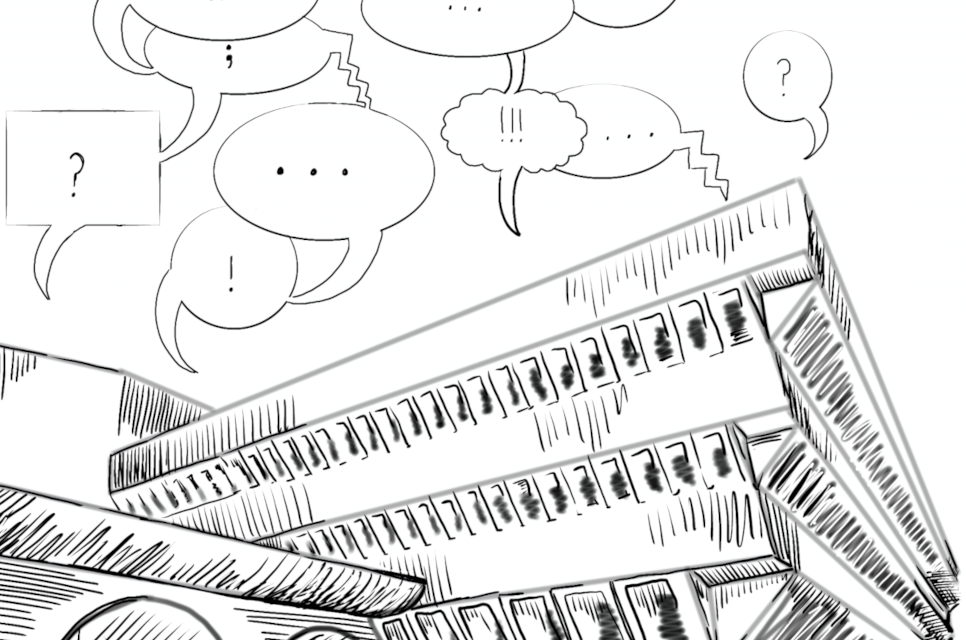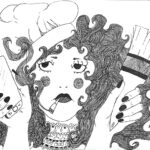At the University of Pretoria (UP), words are beginning to cross the borders they were once confined to. On 12 August, the Department of Library Services launched a groundbreaking initiative: the translation of research abstracts into multiple South African languages. What may sound like a technical exercise is a bold attempt to re-imagine access to knowledge and representation in academia.
Deputy Director of Academic Support Anna Masemola explained that the project is about multilingualism and dismantling inherited barriers. “For students, it means choice,” she said. “A choice to learn in their mother tongue or in English. That choice strengthens academic excellence, broadens access, and empowers communities.”
The initiative currently offers abstracts in isiZulu, Afrikaans, and Sepedi. It was sparked by the need to ensure that research does not remain locked in ivory towers or in a single language. As Masemola pointed out, accessible knowledge can shape real-world change. She recalled the case of coal fires in eMalahleni: “If local communities could access UP’s environmental research in their own languages, conversations about health, pollution, and policy would be transformed.”
What makes this project unique is its hybrid method. Artificial Intelligence (AI) was used to generate translations, but human experts refined them to ensure accuracy, nuance, and cultural sensitivity. This collaboration with the Department of Computer Science, led by Prof. Vukosi Marivate, and the UP Language Policy Unit created a living experiment in bridging the digital divide while protecting the vitality of African languages.
Still in its pilot stage, the team translated 25 research outputs, resulting in 75 multilingual abstracts uploaded to UP’s open-access repository. Their aim for this year is far more ambitious: 250 abstracts per language. Progress has been slower than expected, Masemola admitted, but the team views this as part of the learning curve. “We are not just proving a concept,” she said. “We are building infrastructure for the future.”
Crucially, the project is not limited to staff. Students are encouraged to participate, both to sharpen their work-readiness skills as well as shaping the kinds of resources they need. The vision extends beyond UP, with hopes of collaboration across South Africa and the continent. “We cannot plan for a future students will not be part of,” Masemola emphasised. She concluded, “This is knowledge preserved for generations. It is not a project that dies with us. It adapts, evolves, and continues.”
The library’s translation project is about more than just language. It is about justice, access, and rewriting who gets to belong in academic spaces.
Jason Visser
Originally published on the PDBY website: Library’s Translation Project: Inclusion and Representation









